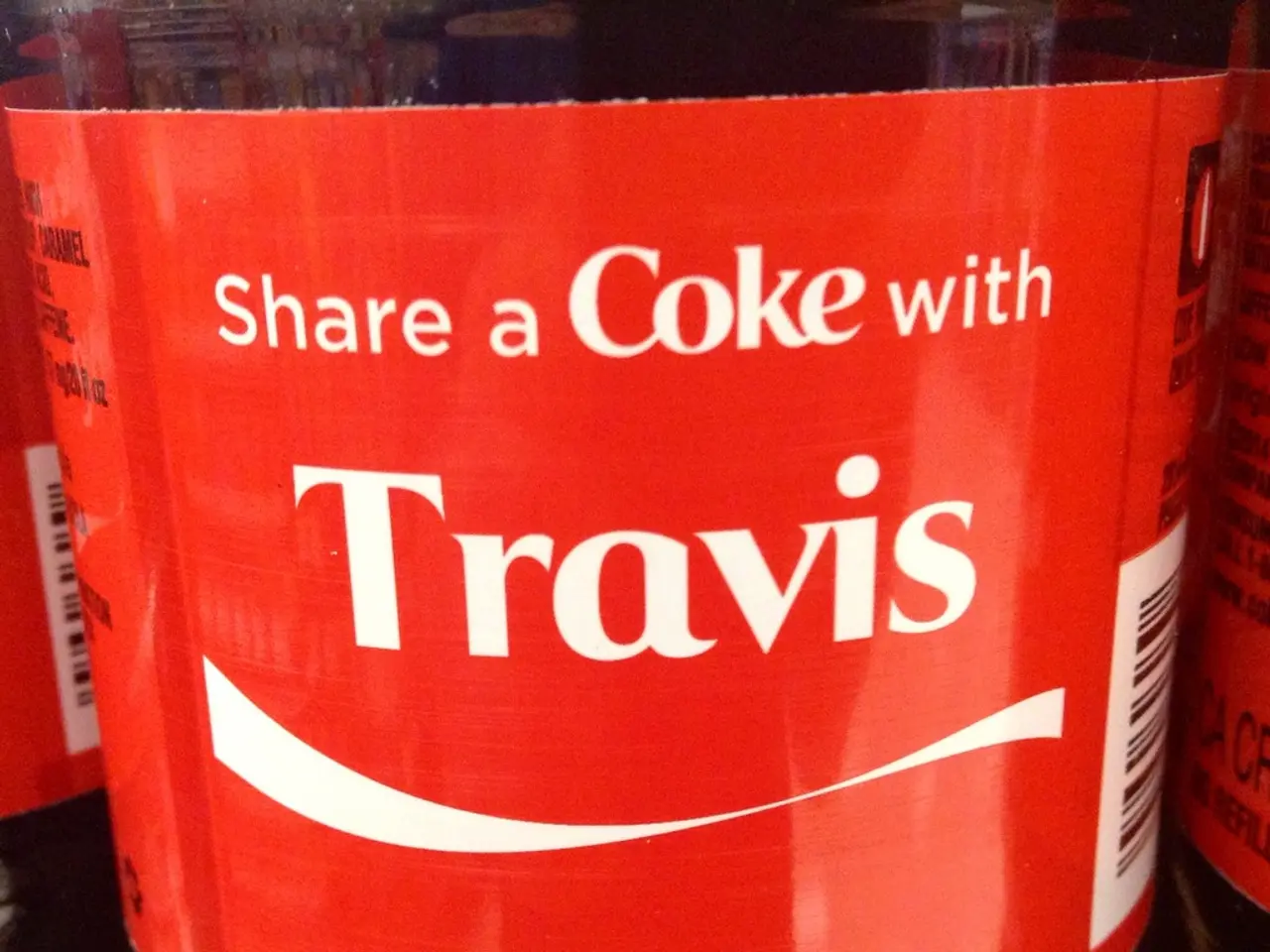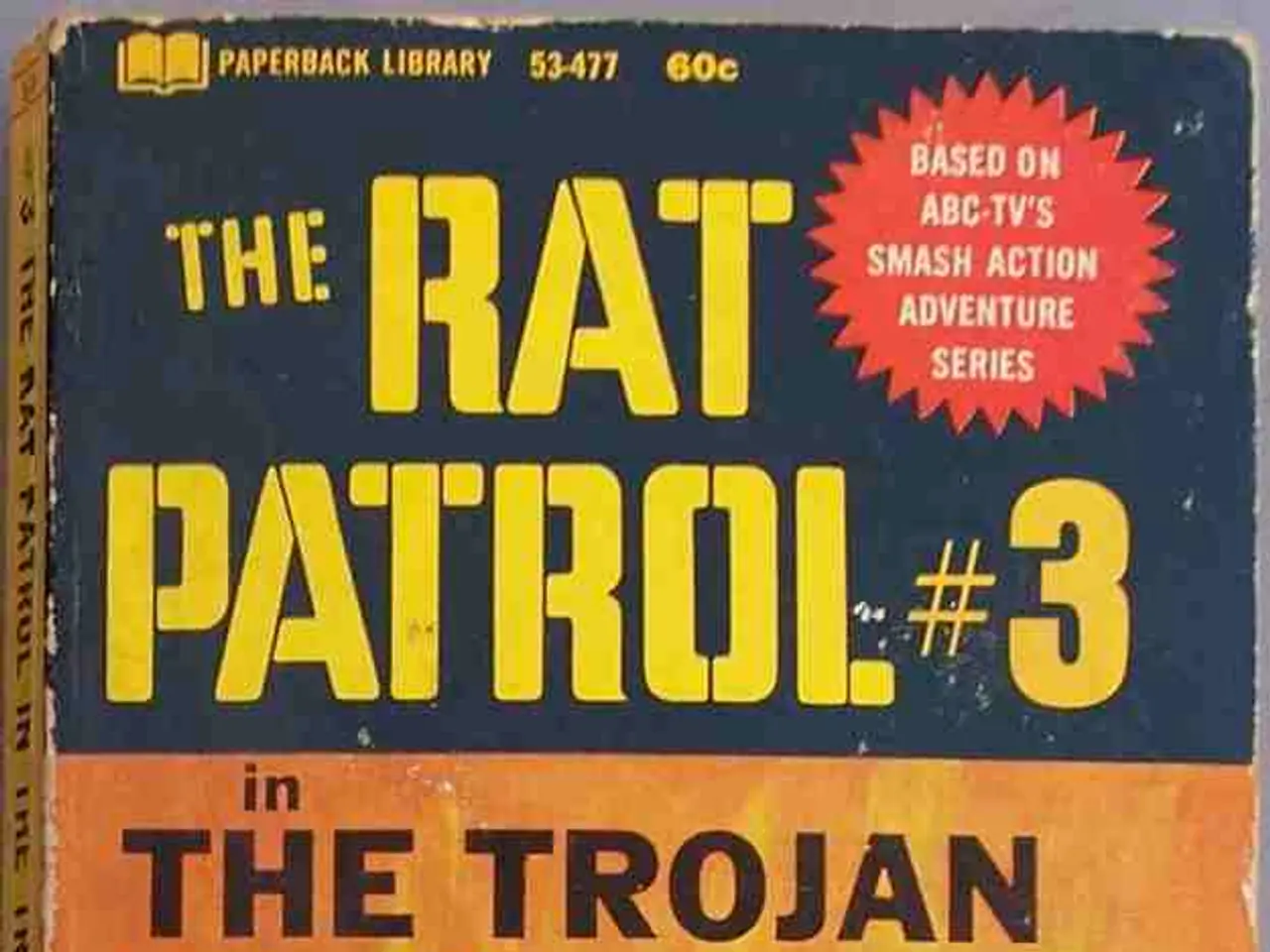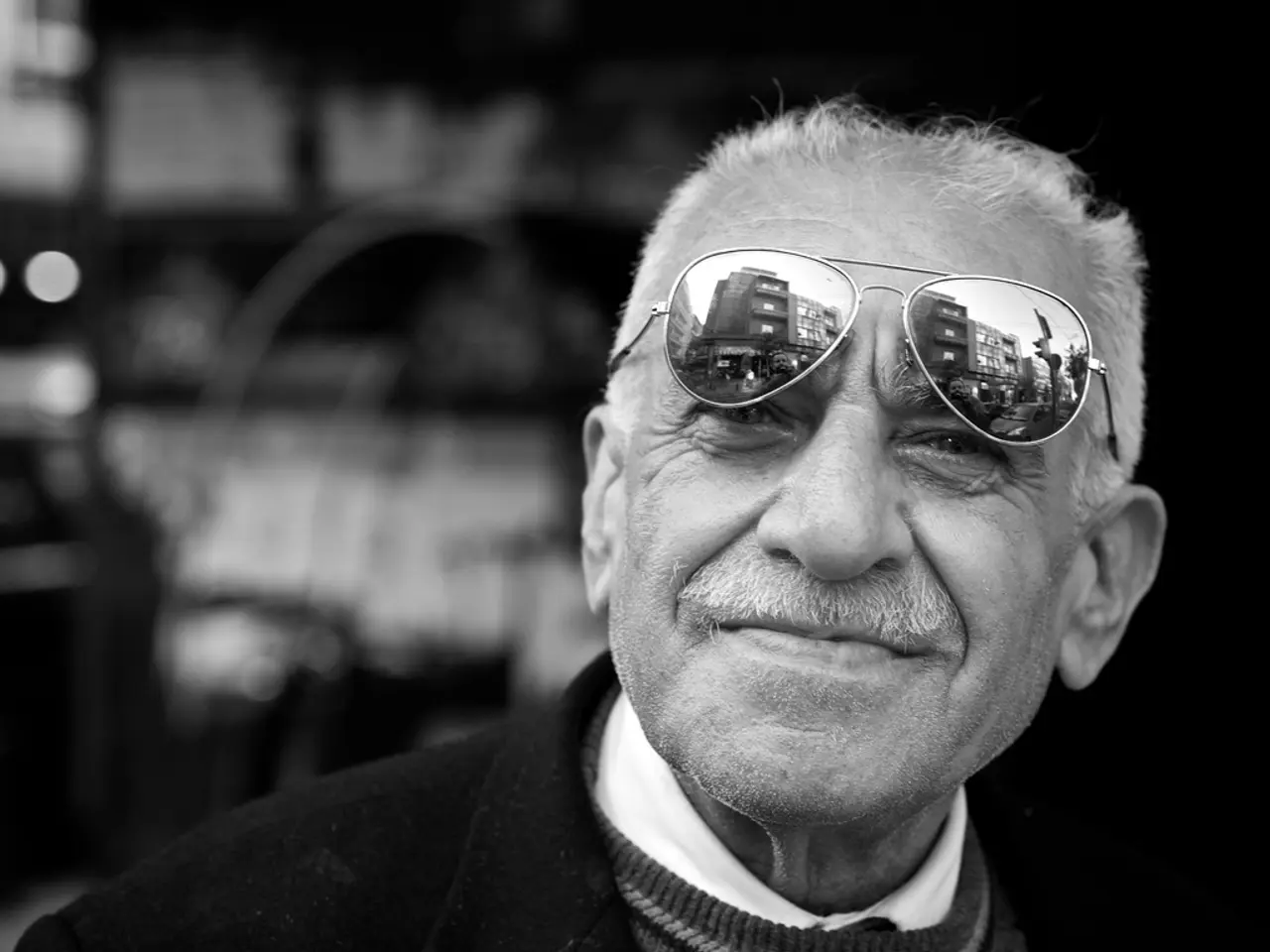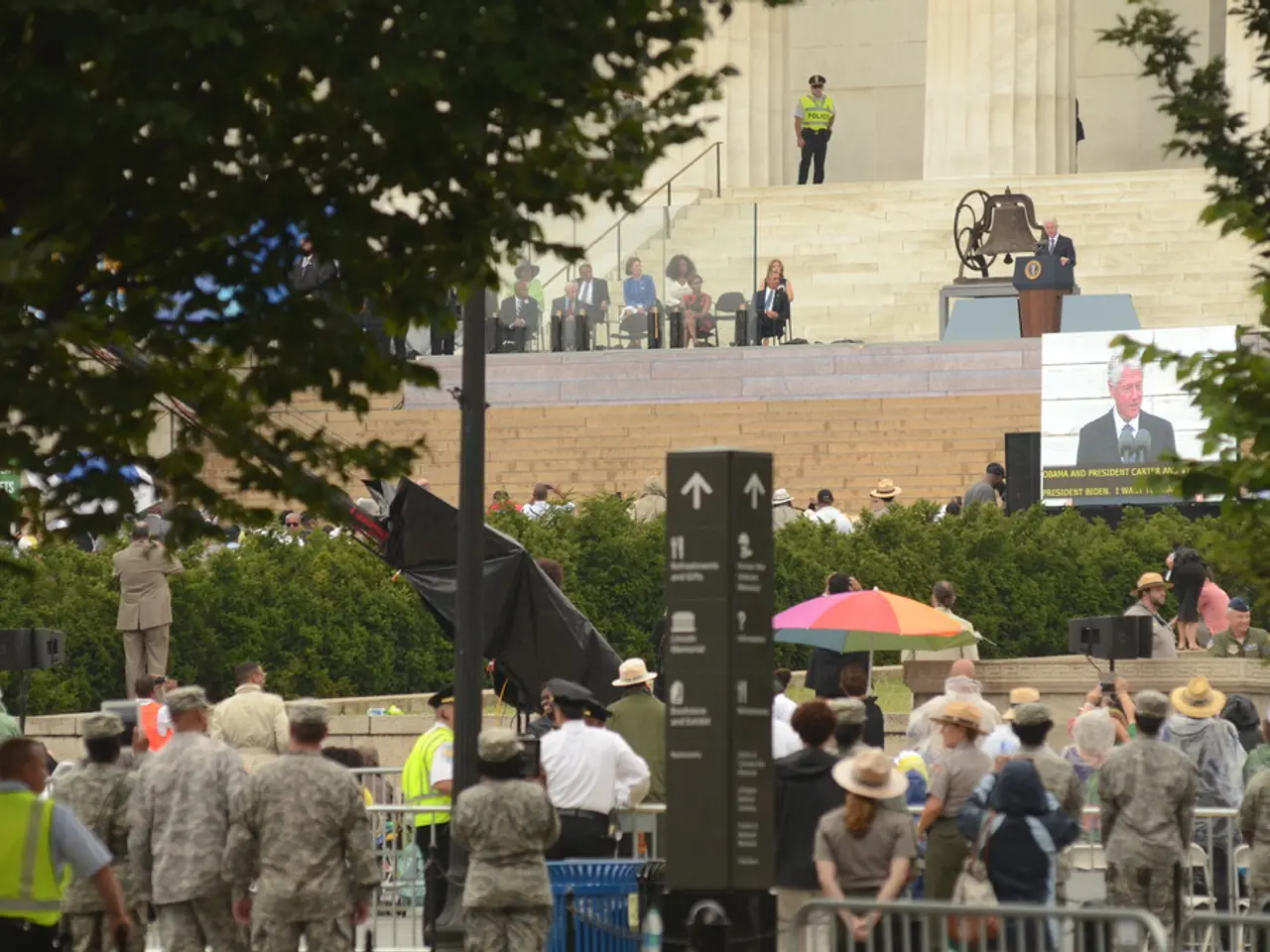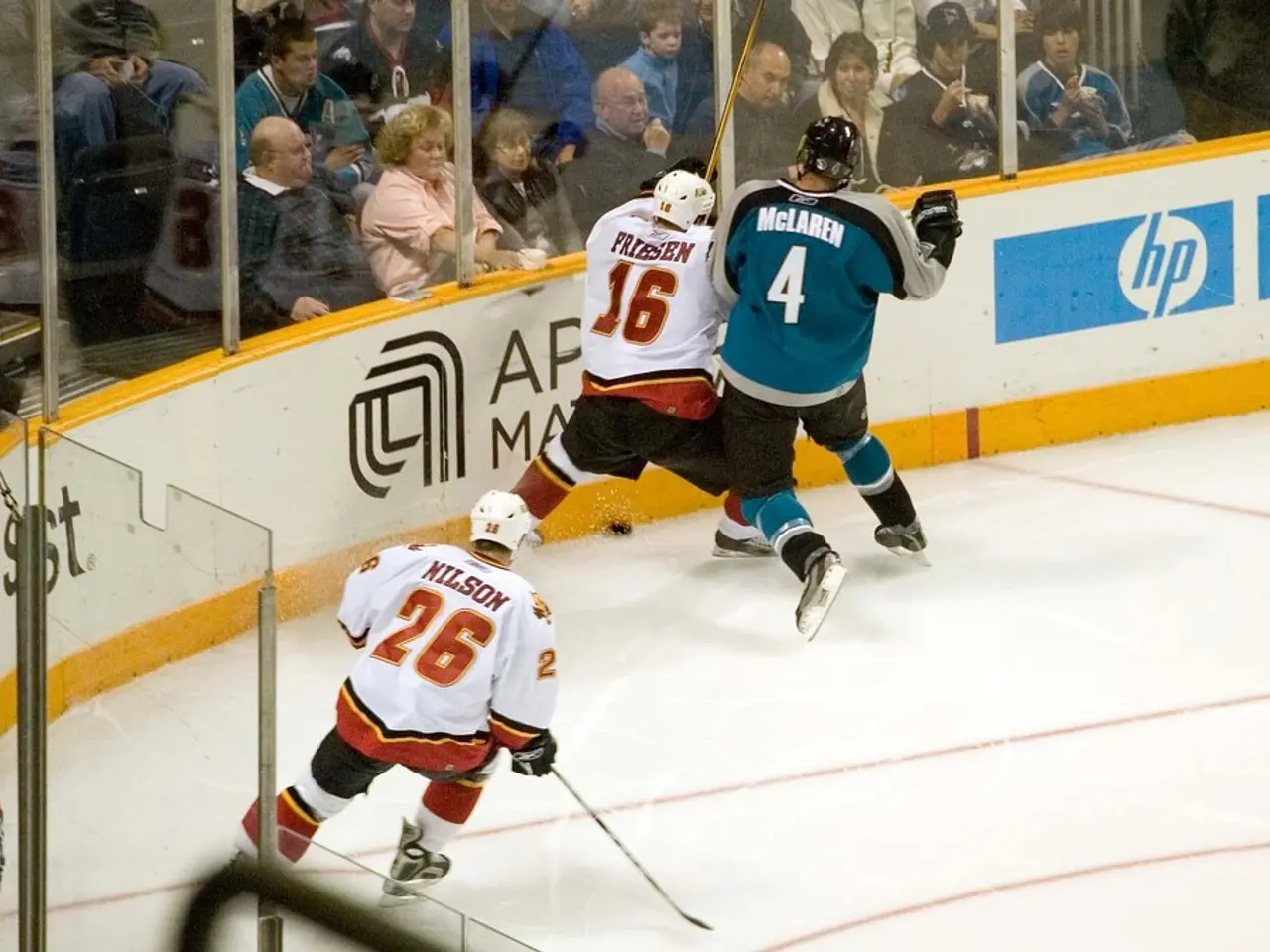Are Mexican drug cartels the true powerholders, or are these claims merely baseless?
Part 1: Allegations of Political Corruption in Mexico
In a series of shocking revelations, accusations of political corruption have surfaced in Mexico, casting a shadow over the country's political landscape. The Sinaloa Cartel is alleged to have given US$2 million to Mexico's current President, López Obrador, during his 2006 presidential campaign. Celso Ortega, leader of the criminal gang Los Ardillos, has confessed to personally delivering money from Los Zetas to López Obrador for the same campaign.
Part 2: The Rise and Fall of Political Figures
The political fallout from these allegations has been significant. The Morena governor of Baja California had her visa revoked, and Adan Augusto Lopez, a trusted confidant of former governor Adan Augusto Lopez, was appointed by López Obrador as Secretary of the Interior, Chief of the Security Cabinet, and later a candidate for the Mexican presidency. However, Sergio Carmona, known as "The King of Huachicol," was executed months later, accused of financing Morena's campaigns.
Part 3: The United States' Role
The United States government has been actively involved in pressuring Mexico to investigate these political figures for links to drug trafficking. This pressure has led to the arrest of Mexican boxer Julio César Chávez Jr. for alleged ties to the Sinaloa Cartel. The Lopez Obrador administration removed DEA agents from Mexico in 2019, and in October of the same year, President López Obrador acknowledged giving the order to release Ovidio Guzman, "El Chapo's" son, who had just been arrested.
Part 4: The Tariff Conflict
Meanwhile, the relationship between the Canadian, Chinese, and Mexican governments and the tariffs imposed by Donald Trump developed through escalating trade tensions characterized by multiple rounds of tariff impositions and retaliations from early 2025 onward. The tariffs on China, Mexico, and Canada were initially imposed citing national security concerns related to fentanyl smuggling and illegal immigration. However, both Canada and Mexico challenged these tariffs at the WTO, claiming they violated the USMCA agreement and WTO rules.
Part 5: The Impact of Tariffs
The tariffs had a significant impact on all three countries. Mexico promoted a "Made in Mexico" campaign, with some public boycotts of U.S. products and rising anti-Trump sentiment. Canada maintained retaliatory tariffs while engaging in WTO dispute resolution and criticized U.S. tariffs as violations of agreements. The U.S. justified the tariffs on narcotics and trade deficit grounds, while Canada and Mexico viewed them as violations of existing trade agreements.
Conclusion
These events represent a notable shift from previous free trade frameworks under agreements like NAFTA/USMCA, significantly straining relations among the U.S., Canada, Mexico, and China. Organized crime is also accused of helping Morena win the governorships in the Pacific region in the 2021 elections, adding another layer of complexity to Mexico's political landscape. The ongoing investigations and developments in these matters promise to keep the international community closely watching Mexico's political scene.
[1]: Source 1 [2]: Source 2 [3]: Source 3 [4]: Source 4
- The Sinaloa Cartel's alleged bribery of Mexico's President López Obrador during his 2006 campaign raises questions about the role of general-news events, such as political corruption, in shaping the country's future GDP growth.
- The ongoing investigations into the links between organized crime and politics, as evidenced by the involvement of cartels in the election of Morena governors, could have far-reaching implications for Mexico's crime-and-justice system, potentially impacting public safety and trust in the political establishment.
